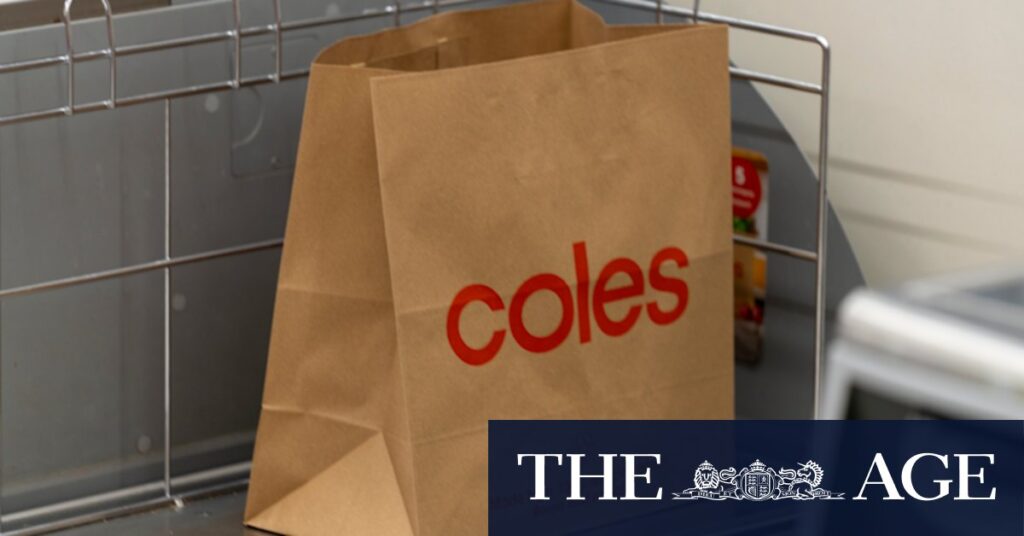
Coles has announced a significant reduction in grocery losses due to shoplifting, attributing this success to the implementation of advanced theft prevention technologies. This comes as retailers across Australia face increasing challenges from theft and organized crime. Despite the improvements, Coles employees continue to encounter threatening situations, highlighting ongoing security concerns in the retail industry.
Chief Executive Leah Weckert revealed that stock loss volumes have returned to 2015 levels following the deployment of several innovative security measures. These include “skip scan” camera monitoring, automated “smart gates,” and “bottom of trolley” technology, which have been installed in hundreds of stores nationwide.
“During that period, as we have improved on loss, the market has not,” said Weckert.
Technological Innovations in Retail Security
The measures implemented by Coles are part of a broader strategy to combat retail theft, which has become a pressing issue for the industry. The use of technology such as “skip scan” cameras and “smart gates” represents a shift towards more sophisticated security solutions. These technologies are designed to detect and deter theft, ensuring that potential shoplifters are identified and prevented from leaving stores with unpaid merchandise.
Coles’ approach stands out as other retailers continue to struggle with rising theft rates. The company’s success in reducing losses highlights the potential for technology-driven solutions to address longstanding challenges in retail security.
Industry-Wide Challenges and Regional Disparities
While Coles has made strides in reducing theft, the broader retail industry in Australia is grappling with an escalating crisis. According to Weckert, the situation is particularly dire in Victoria, where retail crime is increasing at a faster rate compared to other states.
“Despite the investments that we’ve made in safety initiatives for our team, we are continuing to see increases in threatening situations in store. And it is definitely the case that in Victoria, retail crime is escalating more than what we are seeing in other states,” Weckert noted.
This regional disparity underscores the complexity of addressing retail crime, which varies significantly across different areas. Retailers are compelled to adapt their strategies to local conditions, often requiring a combination of technological solutions and community engagement to effectively combat theft.
Implications for the Retail Sector
The success of Coles’ anti-theft measures has implications for the wider retail sector. As other companies look to replicate these results, there is likely to be increased investment in security technologies. However, the persistent threat of organized retail crime and the safety of employees remain critical concerns that demand ongoing attention.
Experts suggest that while technology can significantly reduce theft, it must be complemented by comprehensive policies that address the root causes of retail crime. This includes collaboration with law enforcement and community organizations to create a safer shopping environment for both employees and customers.
Moving forward, the retail industry is expected to continue exploring innovative solutions to enhance security and protect profits. As Coles demonstrates the effectiveness of its measures, other retailers may follow suit, potentially leading to a broader industry shift towards more technologically advanced security systems.
The developments at Coles not only highlight the potential of technology in reducing theft but also emphasize the need for a holistic approach to retail security, one that balances technological advancements with human-centric strategies.







